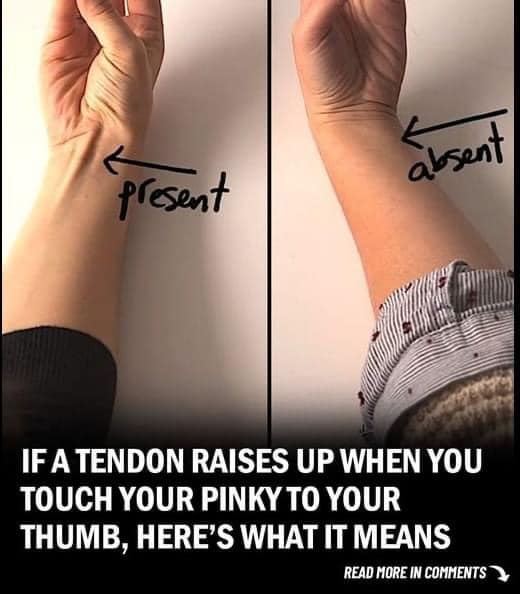If a Tendon Raises Up When You Touch: Understanding the Phenomenon
The human body is an intricate and fascinating system, with countless structures working in harmony to facilitate movement, sensation, and overall function. Among these structures, tendons play a crucial role in connecting muscles to bones, enabling us to perform everyday activities like walking, lifting, and typing. However, there are moments when something unusual occurs—such as a tendon visibly raising up or becoming prominent when touched. This phenomenon can be surprising, even alarming, but it is often harmless. In this article, we will explore what causes tendons to raise up when touched, its potential implications, and when you should seek medical advice.
What Causes a Tendon to Raise Up When Touched?
Tendons are strong, fibrous cords made of collagen that transmit the force generated by muscles to bones, allowing for movement. They are typically located just beneath the skin in certain areas of the body, such as the wrists, ankles, and knees. The visibility or prominence of a tendon depends on several factors, including anatomy, muscle tone, hydration levels, and external pressure.
When you touch or press on a tendon, it may appear to “raise up” due to the following reasons:
- Normal Anatomical Variation :
Some individuals naturally have more prominent tendons due to their body composition, including lower subcutaneous fat or thinner skin. In these cases, tendons are closer to the surface and may become more noticeable when pressure is applied. - Muscle Contraction :
Tendons are directly connected to muscles, and any stimulation (such as pressing or touching) can cause slight involuntary contractions in the associated muscle. This contraction pulls on the tendon, making it temporarily more visible or raised. - Hydration and Skin Elasticity :
Dehydration or reduced skin elasticity can make underlying structures, including tendons, more apparent. When you press on the skin, it may shift slightly, causing the tendon to stand out momentarily. - Nerve Reflexes :
Our bodies are equipped with reflex arcs designed to protect us from injury. For example, if you accidentally press too hard near a tendon, your nervous system might trigger a protective response, leading to muscle tension and tendon prominence.
- Inflammation or Injury :
In some cases, a raised tendon could indicate inflammation (tendinitis), swelling, or an underlying injury. If the tendon feels tender, painful, or swollen, it may require further evaluation by a healthcare professional. - Age-Related Changes :
As we age, our skin loses elasticity, and fat pads diminish, making tendons more prominent. Elderly individuals may notice tendons becoming more visible or reactive to touch.
Is It Normal or Should You Be Concerned?
CONTINUE READING ON THE NEXT PAGE 🥰💕

